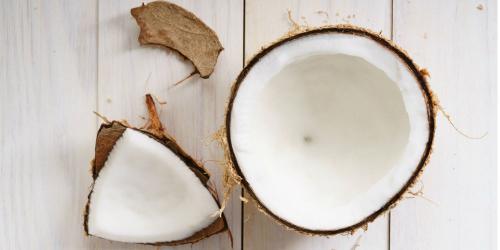Ideas received are hard. Putting a knob of butter on spinach or on a sandwich often goes for a nutritional heresy. Although natural, this fat still has the image of a provider of obesity and cardiovascular disease.
This demonization seems today without foundation.
Butter is certainly very caloric (72 kcal per 10 g portion), but no more than margarines or olive oil. And contrary to what was thought, its consumption does not skyrocket the risk of infarction or stroke .
At reasonable doses, butter is safe for the heart and arteries
In June 2016, American and Australian researchers cross-referenced data from several major scientific studies *, involving a total of 636,000 people in 15 different countries.
Their conclusion: if butter increases blood cholesterol levels well, because of its high content of saturated fatty acids, it does not induce deleterious effects. Ingesting at a reasonable dose (10-12 g / day, one tablespoonful) is therefore safe for the heart and arteries.
A food adapted to people with lactose intolerance
Better: this food even seems to protect against diabetes , reducing by 4% the probability of occurrence of the disease. A not insignificant bonus.
In addition, it has other health benefits. "Unlike dairy products, butter does not contain lactose," says Alexandra Dalu, nutritionist doctor, author of "100 received ideas that prevent you from going well" (Leduc.S Editions).
The intolerant to this sugar can eat it with closed eyes and benefit from a contribution of calcium (15 mg / 100 g) and vitamin D (1.13 μg / 100 g), essential to the preservation of the bone capital.
It is full of vitamin A, an antioxidant that contributes to the good quality of the skin, the strength of the immune system and the synthesis of several hormones, such as progesterone.
"A small portion can provide about a third of the daily needs of vitamin A," says the specialist. It also delivers vitamin E, which protects cells from the harmful effects of free radicals caused by oxidative stress. Finally, it is a good source of linoleic acid, an anti-inflammatory that maintains the flexibility of the arteries. And brings butyric acid, which has anti-fungal and anti-tumor properties.

NemanjaMiscevic / iStock
Butter, free of trans fatty acids, harmful fats
Butter has nothing to envy to margarines and other "vegetable spreads".
These ersatz teem with additives (flavors, dyes and preservatives) , but also contain trans fatty acids generated during industrial processing. However, we know that even at a small dose, these fats are harmful to the cardiovascular system. Manufacturers may have drastically reduced the amount of trans fat in their products by launching "non-hydrogenated" margarines, they still have about 1% in their composition.
As much opt for vegetable oils (olive, rapeseed, walnut or camelina), whose polyphenols and fatty acids are safe values: they remove the specter of cerebral aging and coronary heart disease.
As always in dietetics, the ideal is to bet on diversity.
"Alternate between butter and different oils over the course of the week," advises Thérèse Ellul-Ferrari, a dietitian, "it's a good health compromise to take advantage of everyone's benefits."
* journals.plos.org/plosone/article?id=10.1371/journal.pone.0158118



